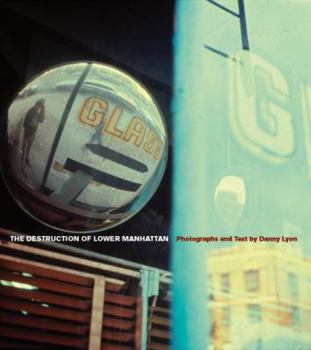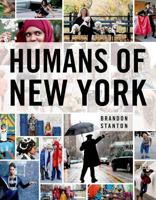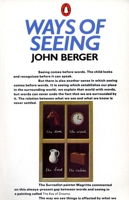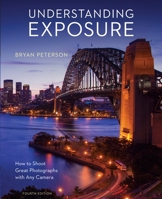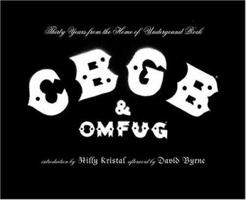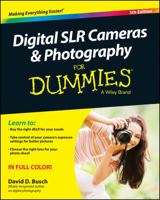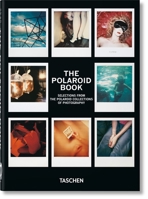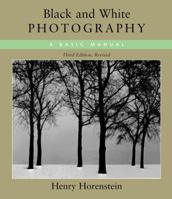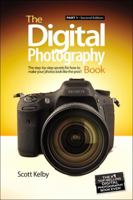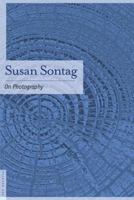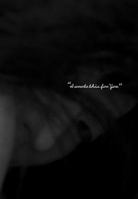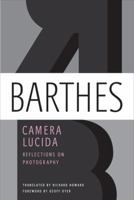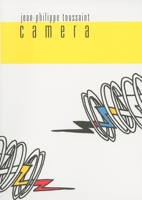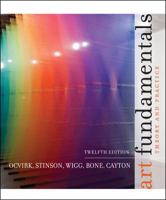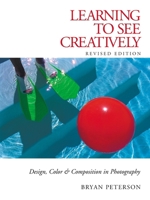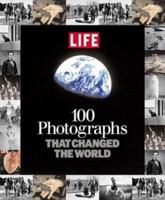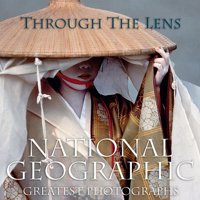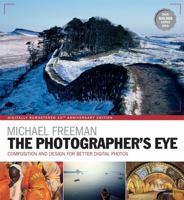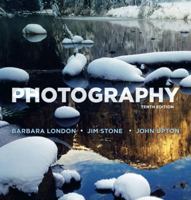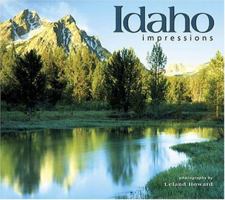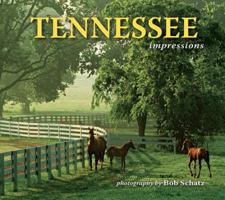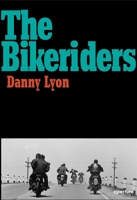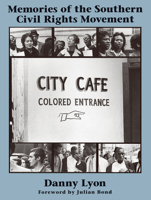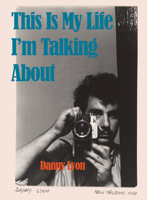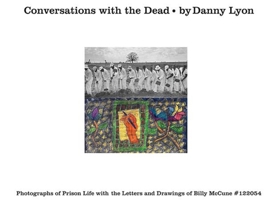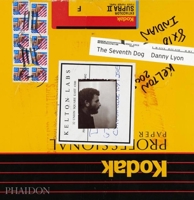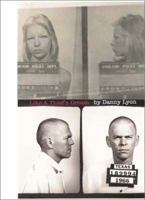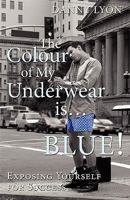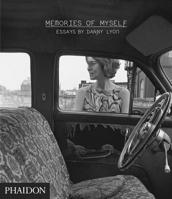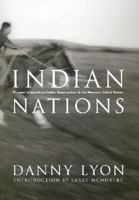The Destruction of Lower Manhattan
Select Format
Select Condition 
You Might Also Enjoy
Book Overview
In 1967 Danny Lyon returned to New York City and saw that an incredible sixty acres of mostly nineteenth century buildings were to be demolished. Lyon thought of the title of the book first and then made a record of each building before it was destroyed. A few years after its release by Macmillan in 1969 it was remaindered and has been a collector's item ever since. Many of the photographs in this album are the only surviving record of entire blocks now gone. This work is a major contribution to the renewed interest in the architecture of New York City.
Format:Hardcover
Language:English
ISBN:1576872327
ISBN13:9781576872321
Release Date:May 2005
Publisher:powerHouse Books
Length:160 Pages
Weight:0.60 lbs.
Dimensions:0.9" x 9.6" x 10.8"
More by Danny Lyon
Customer Reviews
7 customer ratings | 5 reviews
There are currently no reviews. Be the first to review this work.











